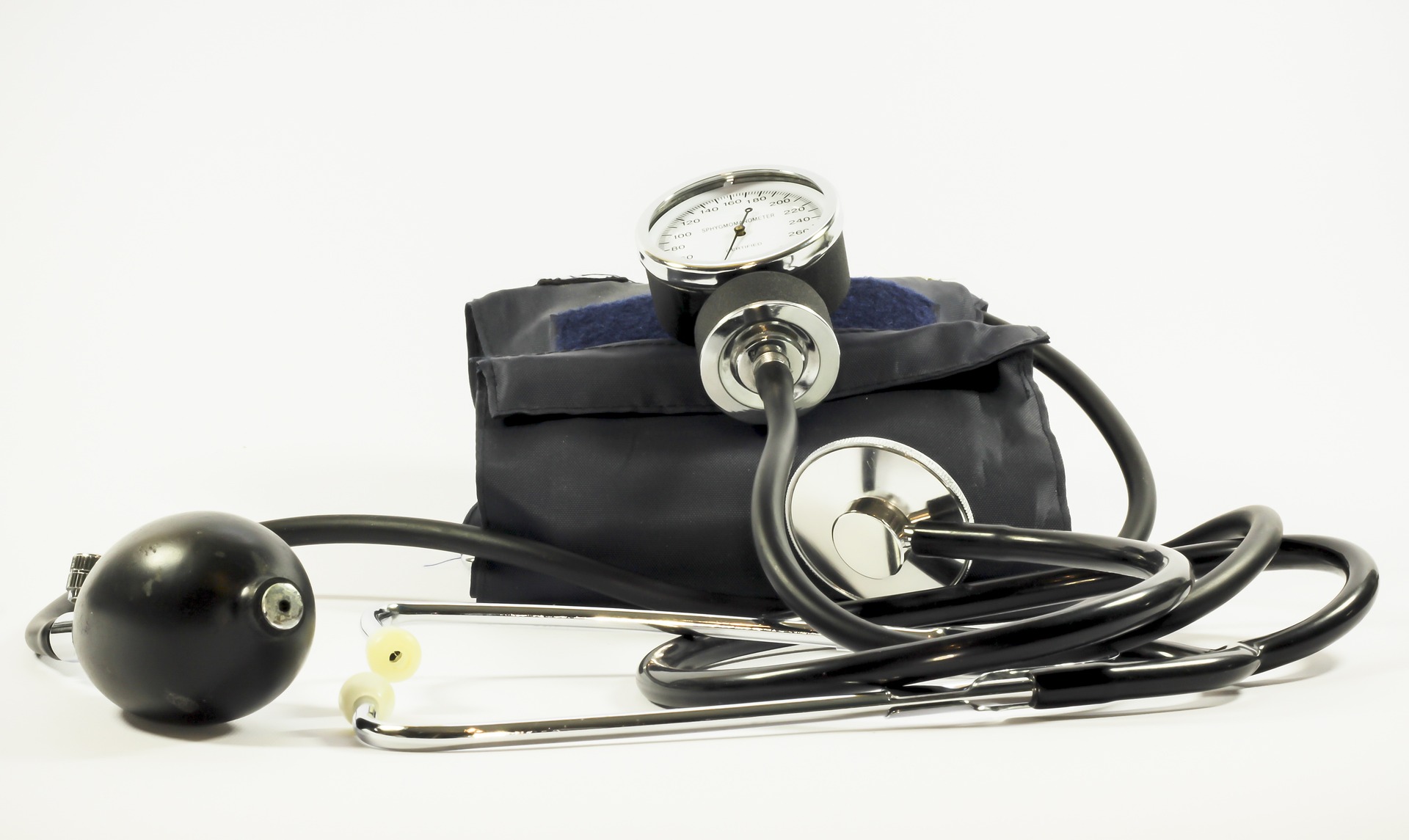News release
From:
Effects of Cuff Size on the Accuracy of Blood Pressure Readings
There Is No 1-Size-Fits-All to Blood Pressure Measurement—Cuff Size Matters
About The Study: Using a regular blood pressure (BP) cuff size for all individuals regardless of arm size resulted in strikingly inaccurate BP readings with an automated device in this randomized crossover trial including 195 adults. This is particularly concerning for settings where one regular BP cuff size is routinely used in all individuals, regardless of arm size. A renewed emphasis on individualized BP cuff selection is warranted.
Authors: Tammy M. Brady, M.D., Ph.D., of the Johns Hopkins University School of Medicine in Baltimore, is the corresponding author.
(doi:10.1001/jamainternmed.2023.3264)
Editor’s Note: Please see the article for additional information, including other authors, author contributions and affiliations, conflict of interest and financial disclosures, and funding and support.



 International
International



